Court on Afghanistan told: Ex-Aussie commander said ‘I just want to kill'
A former Australian army commander accused of war crimes while serving in Afghanistan as part of a US-led occupation force told another soldier “I just want to kill [expletive],” a witness has said during a court hearing.
Testifying in a federal court case in which the ex-commander, Ben Roberts-Smith, is suing a number of Australian news organizations for defaming him in reports about his role in Australian military war crimes during their deployments in Afghanistan, a former SAS soldier and current military officer, identified in court as Person Two, further testified that Roberts-Smith also showed to other soldiers photos of slain Afghan militants on an iPod during military training.
Roberts-Smith is suing local news outlets, including Age, the Sydney Morning Herald and the Canberra Times over reports he alleges are defamatory and portray him as committing war crimes, including murder, as well as acts of bullying and domestic violence, according to local press reports.
While the prominent newspapers are pleading a defense of truth, the notorious ex-commander – who has won top military honors for his military service in Afghanistan -- denies any wrongdoing.
In a November 2022 report, the Inspector-General of the Australian Defense Force Afghanistan found credible information related to the unlawful killing of 39 unarmed civilians or prisoners and the mistreatment of two unarmed individuals after a four-year inquiry into alleged war crimes by Australian Special Forces in the country between 2005 and 2016.
According to the so-called Brereton Report, the unlawful killings were committed “by or at the direction of members of the Special Operations Task Group in circumstances which, if accepted by a jury, would be the war crime of murder.”
And there were two further incidents in which a non-combatant or prisoner “was mistreated in circumstances which, if so accepted, would be the war crime of cruel treatment,” the report added.
Testifying for the newspapers, Person Two told the court he was posted alongside Roberts-Smith on “picket duty” in a big bunker area during deployment in Afghanistan in 2006, when the former commander told him: “I just want to kill .... I don’t give a f--k, I just want to kill ....”
Person Two further testified that sitting on a bus following a parachute training course in Australia, Roberts-Smith pulled out an iPod, leaned over the seat of another soldier, and said “hey check this out,” showing other troops photographs of “dead insurgents” on the device.
According to the reports, Person Two was a member of Roberts-Smith’s patrol in 2006, including for a mission on a mountain called Koran Ghar above the Chora Pass in Afghanistan’s Uruzgan province.
The five-man patrol had carried 60kg packs to the top of the mountain during a 10-hour overnight climb to set up an observation post, watching over the valley, which was to be the scene of an allied assault.
On the second day of the observation mission, Person Two and another soldier spotted a young Afghan male – “about 14 or 15 years old”, Person Two told the court – walking on a goat-track, near to the observation post.
He noted that the Afghan teenager was not armed with a weapon, nor carrying a radio or wearing webbing. Person Two also underlined that he did not believe the teenager had seen the Australian soldiers and so did not open fire on him.
Person Two further explained to the court that Roberts-Smith and another soldier – identified as Sergeant Matt Locke -- came down to the observation post from another position and berated the soldiers on lookout duty, saying “‘why the f--k didn’t you shoot him?”
“I said ‘because we’re in an observation post’,” Person Two added, noting: “The task for the mission was to observe and surveil … not to become decisively engaged. That was to be avoided at all costs, because it then affects your ability to complete your larger mission.”
The court also heard that Roberts-Smith and Locke ran off after the Afghan youth. Person Two then explained that “about a minute later, two minutes later, I heard four or five shots, a suppressed M4 and a suppressed SR 25.” Those were the two weapons carried by Roberts-Smith and Locke.
The shooting of the Afghan teenager prompted an insurgent attack, the court further heard in evidence this week. Roberts-Smith’s patrol became engaged in a fierce firefight for several hours, encircled on the mountaintop and under direct attack from Taliban fighters. They were ultimately able to get down the mountain, but only after calling in aerial support to attack the insurgent positions.
Roberts-Smith and Locke -- later killed in action -- were both awarded the Medal for Gallantry for their actions on the mountaintop.
Person Two further underlined during his testimony that he did not believe the initial engagement of the lone young Afghan male was justified.
“I don’t believe the engagement was legitimate, because our task for the mission was to observe and surveil. By engaging that male, it compromised the observation post, it compromised our mission.”
In his evidence before the court last year, according to press accounts, Roberts-Smith claimed the Afghan youth was a legitimate military target who was moving suspiciously. When he shot the teenager, Roberts-Smith claimed a flare – “what you typically get when ordnance goes off or detonates” – came off chest webbing he was allegedly wearing.
Under cross-examination by Roberts-Smith’s attorney, Bruce McClintock, Person Two had to defend his testimony in face of the lawyer’s claim that the conversation where Roberts-Smith allegedly expressed a bloodlust “to kill” “never happened.”
“You’ve entirely fabricated that Person Two,” McClintock insisted.
“No, I did not,” Person Two responded.
McClintock further claimed during his cross-examination that there were no photographs of dead insurgents, and that Roberts-Smith did not even own an iPod with a screen in 2006, when the alleged incident occurred.
Under cross-examination, Person Two said he had met with journalist Chris Masters. Notes from Masters discussed in court revealed he disclosed information about his deployments and operations. Masters is one of the respondents in the on-going trial before Justice Anthony Besanko.
In 2017, Roberts-Smith's actions in Afghanistan came under scrutiny in light of an independent inquiry into "questions of unlawful conduct concerning Australia's Special Operations Task Group in Afghanistan."
Since June 2018, Roberts-Smith has been the subject of a war crimes investigation by the Australian Federal Police. In August 2018, Roberts-Smith, with assistance from a legal team hired by the Sydney-based Seven Network media company’s billionaire owner Kerry Stokes, commenced defamation proceedings against Aussie media outlets and three journalists involved in reporting the alleged incidents. The trial commenced in June 2021 in the Federal Court in Sydney.
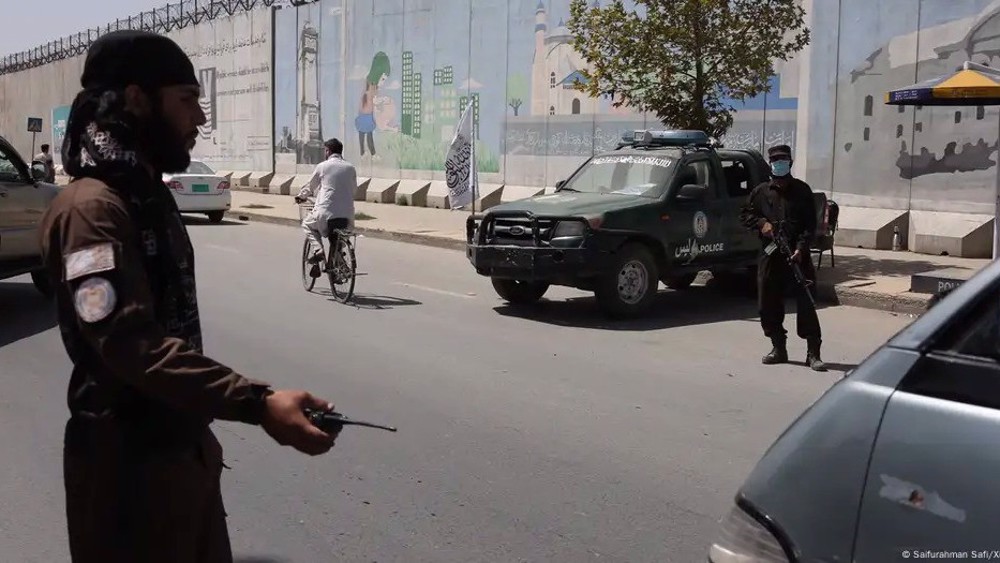
Deadly bombing attack targets Taliban ministry building in Kabul
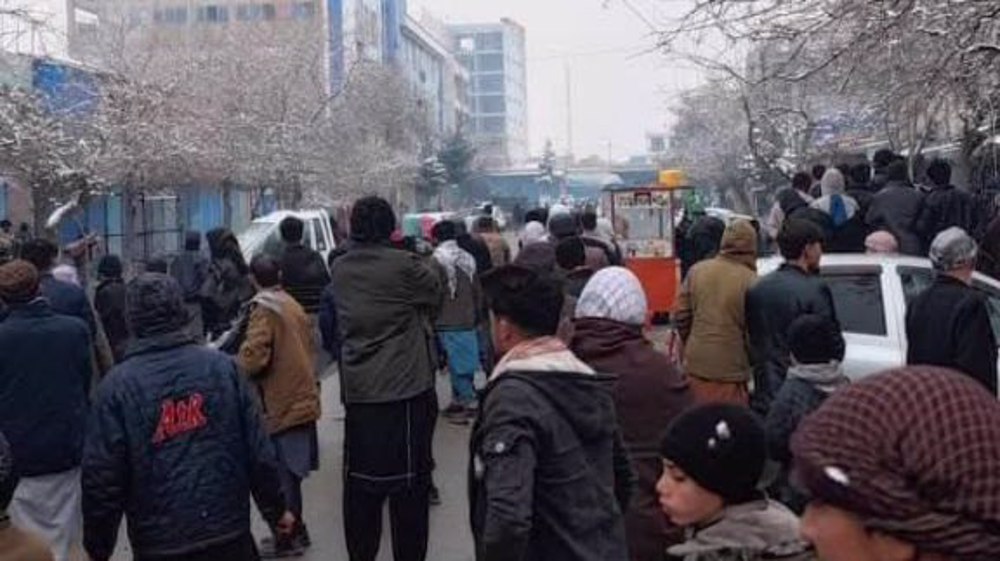
Daesh claims deadly bombing attack in northern Afghanistan
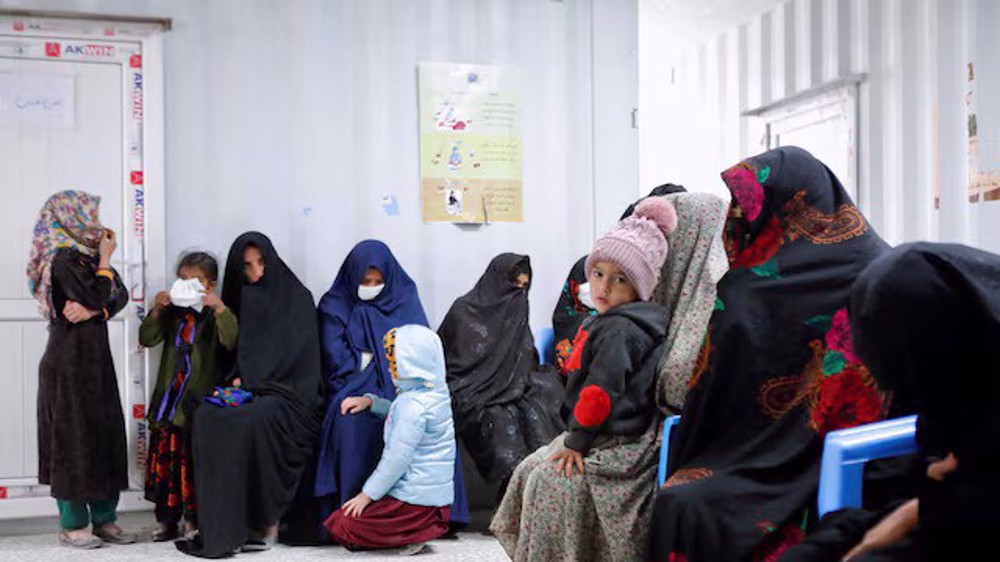
UN warns of rise in maternal deaths in Afghanistan due to US funding pause
Netanyahu: Israel won't allow Hayat Tahrir al-Sham forces in southern Syria
Hezbollah leaders’ historic funeral showed resistance strength: Islamic Jihad
Iran reports surge in air traffic as Austrian, Lufthansa resume flights
VIDEO | South Africans set to lobby government to isolate Israel
IRGC chief: Nasrallah decisive figure in regional equations with global dimensions
VIDEO | Press TV's News Headlines
Netanyahu's son 'exiled abroad for hitting his father': Knesset member
Iran money supply up 28.4% y/y in late January: CBI


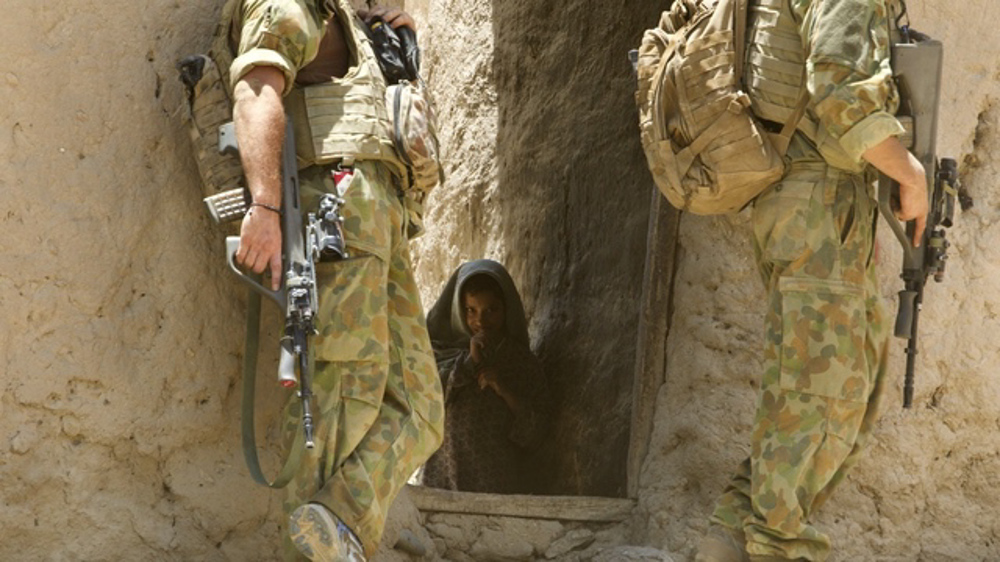


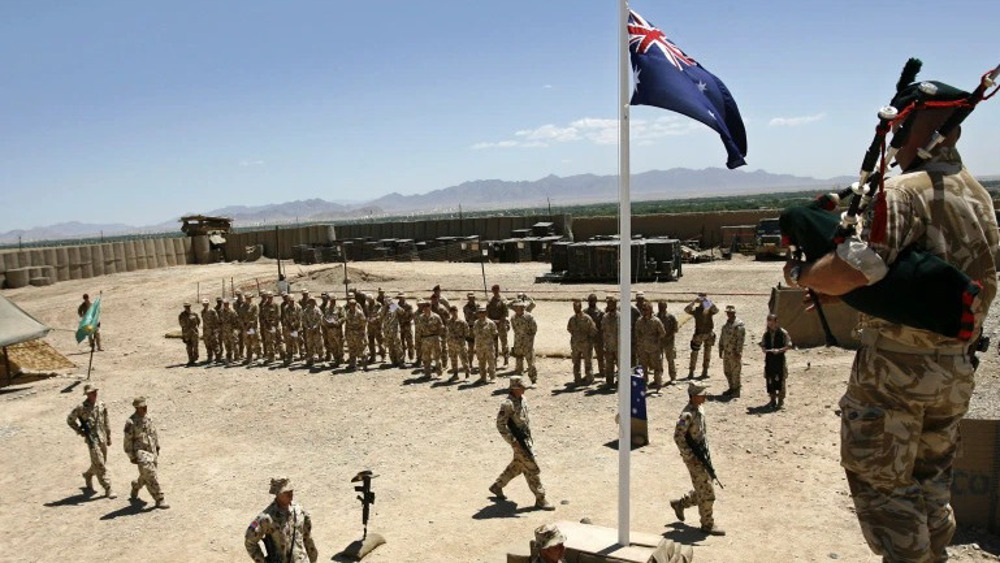



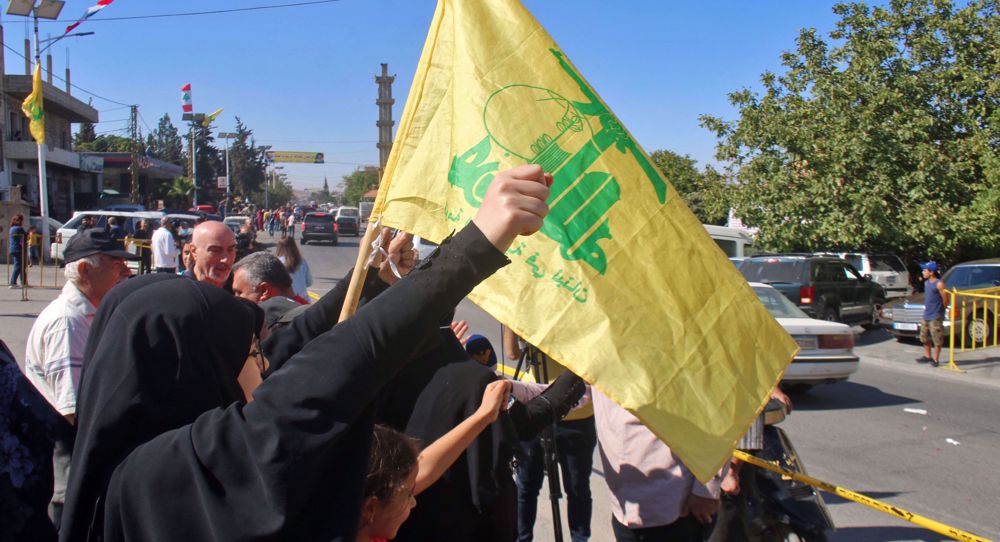
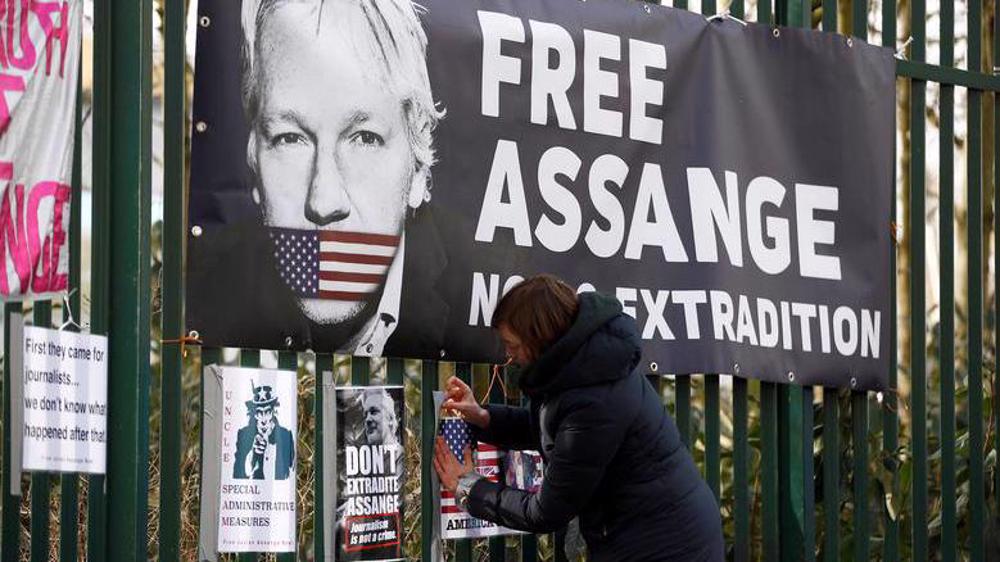
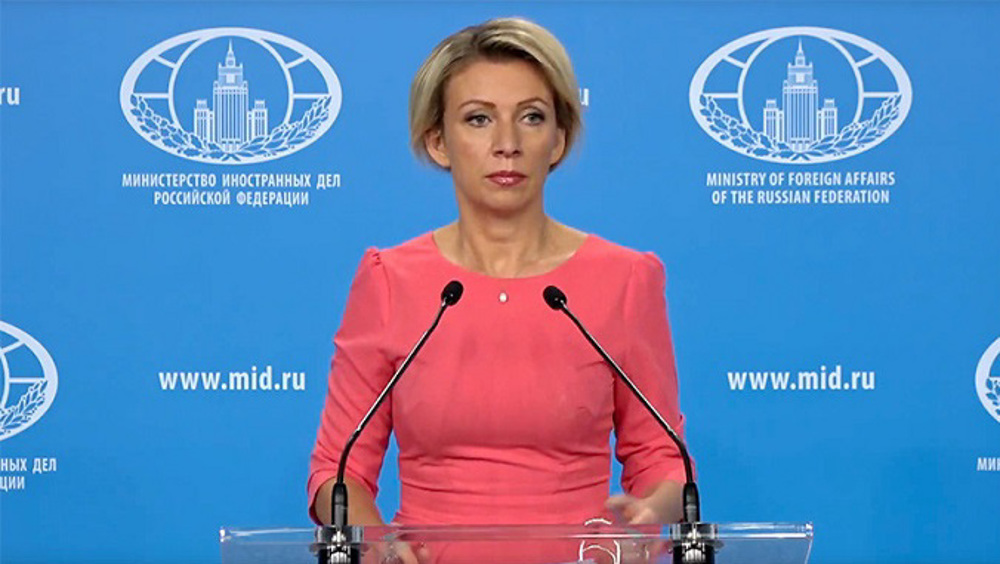

 This makes it easy to access the Press TV website
This makes it easy to access the Press TV website